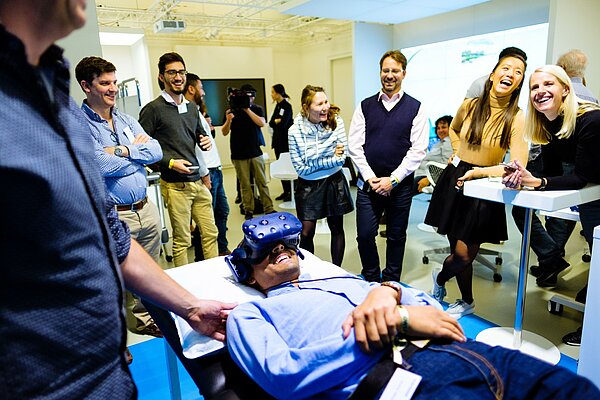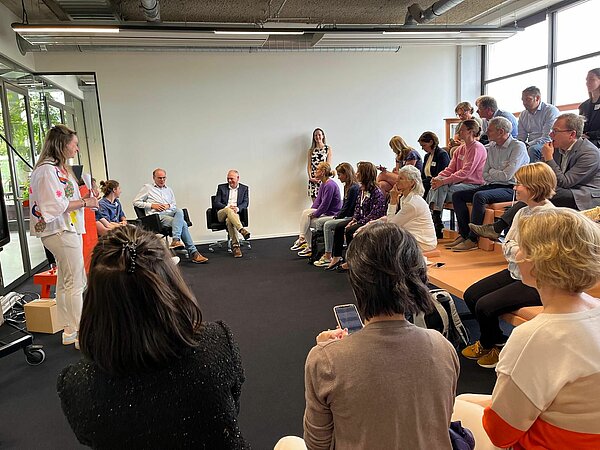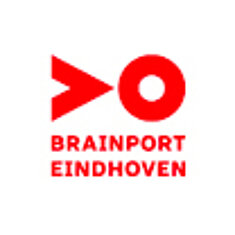
Work in progress | Quirine about medical technology

The Brainport region is developing rapidly. This creates opportunities, but also challenges. At Brainport Development, we work every day to move our region forward. Both economically and socially. We do this by connecting parties, exchanging knowledge and lobbying in The Hague and Brussels. In this section 'Work in progress', employees tell us how they contribute to this. In the first episode, Quirine Verstappen, programme manager MedTech.
Accelerating innovation in medical sector
'The corona time, we prefer not to think back on it too much. Yet it also brought us good things. For instance, a group of Dutch companies, led by Demcon in Eindhoven, managed to develop, produce and test a complete ventilation system within a month. This because of impending shortages in the treatment of patients in intensive care. So while the trigger was anything but positive, it did show that it is possible to bring innovations to market in a short time.
It is stories like these that I am constantly bringing to the attention of companies, knowledge institutes and governments engaged in developments of innovations in healthcare. As programme manager MedTech at Brainport, I have been appointed to look at how we can cooperate even better within the medtech sector, which is widely represented in our region, to accelerate innovations towards the market. That sounds nice, but it is by no means easy.

Looking at the Brainport region, we see that many companies are engaged in what we call MedTech, medical technology. Large companies, small start-ups and scale-ups, knowledge institutions; they are all working on the care of the future. Sometimes in the pioneering phase, sometimes much further along. Yet we see that innovations like the ones described above rarely reach the market at such a pace. For Brainport Development, this was a wake-up call. How do we get parties together in this, socially enormously relevant market, and how can we initiate and accelerate changes. So that they benefit healthcare and thus patients.
We now know that you have to coordinate a lot of things, that you have to get everyone on board and that money plays an important role. That is why we take a structured approach: through the Medtech Brainport programme. Our programme started with a reconnaissance and collecting relevant data. To broaden the scope, we decided to do the reconnaissance throughout Brabant, where some 350 (!) companies are active in the world of MedTech. Talking to some of these companies, we inventoried the collective challenges; what are you up against and can we as Brainport Development play a connecting or facilitating role?
It soon became clear that a large part of the innovations from this region relate to hospital care. And where startups, for instance, find it hard to get a foot in the door at an often complex hospital organisation, we managed to do so. We set up a discussion table including entrepreneurs and the innovation managers of the four regional hospitals. Mutual consultation now takes place regularly. What is needed, does this fit into a hospital's workflow, are there financial resources or subsidies available, how can we support each other? The beauty and strength of our region is perfectly reflected in these tables. Parties come together, listen to each other, inspire each other and help each other along. We also look at how we can make even more impact, for instance by involving other stakeholders, such as health insurers.

Meanwhile, we are also looking at the bigger picture at another level. At the way innnovation is funded, for example. But also at improving the connection between universities, research institutes, healthcare organisations and companies. In this way, we try to increase the impact and hope to shorten the path between idea and implementation.
Bringing and facilitating parties together, clarifying processes and searching together for the best solution to the questions of the healthcare market. It is a tremendously beautiful challenge that requires commitment from many parties. But that commitment is growing. Because we succeed in connecting sectors and knowledge areas.'




